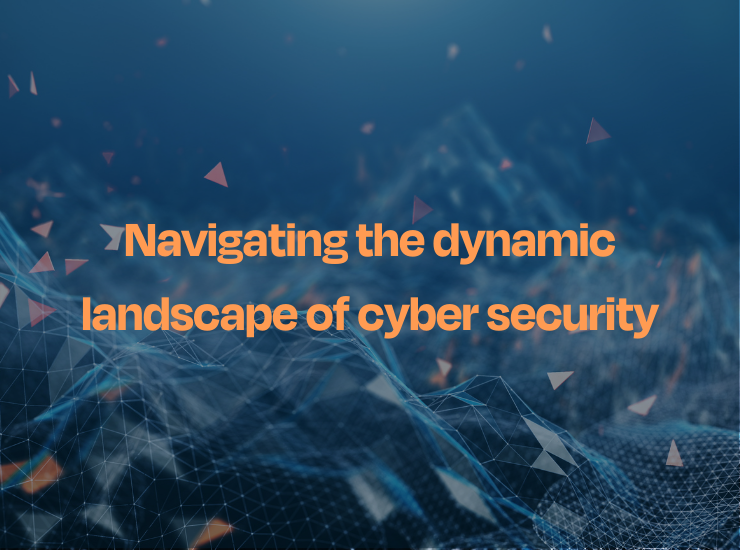Approach Cyber, represented by our expert Jorien Decroos, recently participated in a virtual panel discussion on the dynamic landscape of cyber security. The key takeaway from the discussion was the vital role that collaboration between the public and private sectors plays in effectively combating cyber threats. The experts emphasised the importance of awareness, proactive measures and continuous updates to stay ahead of the ever-growing challenges.
Strengthening public-academic partnerships in cyber security
The panel highlighted the strength of the partnership between the public and academic sectors through the Coalition, which has over 160 members and continues to grow. This collective effort promotes a united front against cybercrime and provides a platform for mature companies in sectors such as telecoms, banking and pharmaceuticals, which are often prime targets for cyber-attacks. In addition, smaller companies facing threats can benefit from the support and guidance offered by the coalition, which organises plenary sessions and focus groups to address specific challenges, such as hospital security.
Raising awareness and building a company-wide commitment
A recurring theme in the discussion was the level of awareness within organisations of risks. It was noted that many organisations still underestimate these risks or lack the necessary knowledge. Cyber security is not just a technical concern for IT departments; it requires a company-wide understanding and commitment to effectively mitigate risks. The analogy of protecting one’s home with a variety of measures resonated with the experts, emphasising the need for a multi-faceted approach to cyber security.
Cyber security as an ongoing journey
The panel emphasised that cyber security is an ongoing journey rather than a one-off implementation. Organisations need to adopt a proactive mindset, constantly evaluating and updating their security measures. Having a robust incident response plan in place was highlighted as critical, enabling organisations to quickly respond to and recover from potential cyber incidents. Experts also stressed the importance of seeking expert support, whether internal or external, to enhance cyber security capabilities.
Multi-Factor Authentication as a priority
Multi-factor authentication (MFA) emerged as a key recommendation to strengthen security. The experts urged organisations to prioritise MFA, especially for remote connections, as it significantly increases protection against unauthorised access.
Cyber security as a business opportunity
In addition, the experts discussed the positive side of cyber security, shifting the narrative from a defensive stance to a business opportunity. Demonstrating robust cyber security practices can act as a significant market differentiator and inspire customer confidence. It can also attract partners who prioritise data security, giving organisations a competitive advantage.
Cyber security as an enabler for innovation
One expert compared cyber security to brakes in a car – not designed to stop you, but to allow you to drive faster. In the same way, cyber security can act as an enabler for business growth and innovation.
Building a culture of cyber security
However, the experts acknowledged the challenges associated with building a culture of cyber security. They encouraged organisations to invest in cyber education and awareness programmes, while appointing a leader responsible for cyber security governance and risk management. A cyber security mindset should permeate throughout the organisation, from top management down to every individual.
Cyber security as a collective responsibility
In conclusion, the panel emphasised that cyber security is a collective responsibility that requires a comprehensive, multi-dimensional approach. Collaboration, constant vigilance and proactive measures are paramount to protect against the evolving cyber threats in today’s connected world. By adopting a positive outlook and viewing cyber security as a business opportunity, organisations can not only protect their assets, but also gain a competitive edge in the digital landscape.

